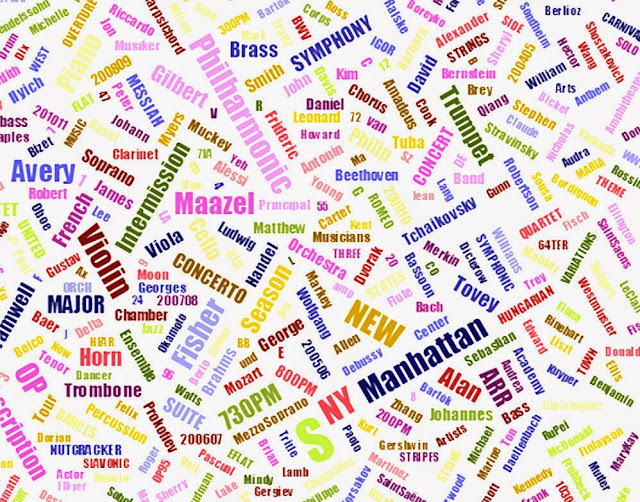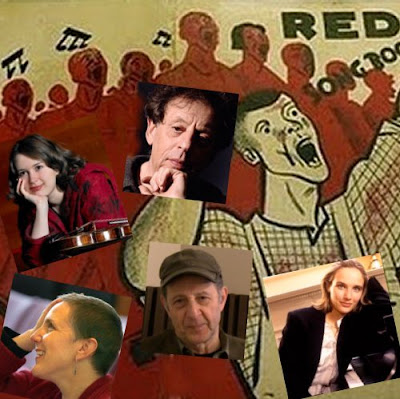The future of radio is confirmed

Six million people are listening to the radio digitally in the UK - a massive rise since 2003, new figures have revealed. Twelve per cent of listeners tune in regularly using digital radio, TV and the internet, while 25% of regular analogue users have also tried digital.
In 2003, only 900,000 people were regular digital listeners, according to radio industry analysts RAJAR in figures revealed today. Overall radio listening figures have also risen, with 91% of the UK population accessing radio broadcasts.
BBC Radio 3's reach is 1.78 million – down on the year (1.83m) and the quarter (1.90m). Listener share for Radio 3 of 1.1% is the same as last year, and slightly down on the quarter (1.2%).
These new figures simply confirm what has already been said here. Specialist internet stations broadcasting over the internet and other new media are the future, and the BBC's repositioning of Radio 3 to appeal to Classic FM listeners is not working.
The continuing decline in the reach of Radio 3 shows that it is failing to win new listeners, but instead it is losing its established audience as standards reduce. In the same period Classic FM's reach was 5.70m and share was 4.0%. Average hours listened per head were 0.20 for BBC Radio 3 and 0.80 for Classic FM. Source BBC and RAJAR.
Now read more about the long tail of radio, and become part of it by clicking here between 5.00pm and 6.00pm British Summer Time on Sunday August 19 to hear Bach and Boulez on Overgrown Path radio.
Picture credit Robert Opie Collection. Any copyrighted material on these pages is included as "fair use", for the purpose of study, review or critical analysis only, and will be removed at the request of copyright owner(s). Report broken links, missing images and other errors to - overgrownpath at hotmail dot co dot uk









Comments
The Radio 3 audience for the quarter April to June 2007 was the lowest recorded since the introduction of the current measurement techniques ten years ago.
In February 2007 Radio 3 made its biggest change in programme schedules for a number of years.
Today I listened, unusually, to quite a lot of Radio 3's output.
In the breakfast slot the usually dependable Martin Handley seemed to have fallen victim to the Radio 3 disease. In the current trendy fashion works were played back to back with no linking annoucements, producing ugly key clashes. Two movements of a three movement work were played, with no explanation as to why the middle movement was omitted.
After this Jeremy Sams produced two hours of the worst radio I have heard in decades. A programme in search of a purpose, with a guest who had no idea what she was going to be asked, and didn't seem to care.
Following this we had a repeat of a programme in the excellent Private Passions series. Surely Radio 3's budget of £30m + can run to commissioning new programmes? - this one is even made in the presenter's spare bedroom!
Not one challenging or inspiring radio moment.
Ideal? - oh no.